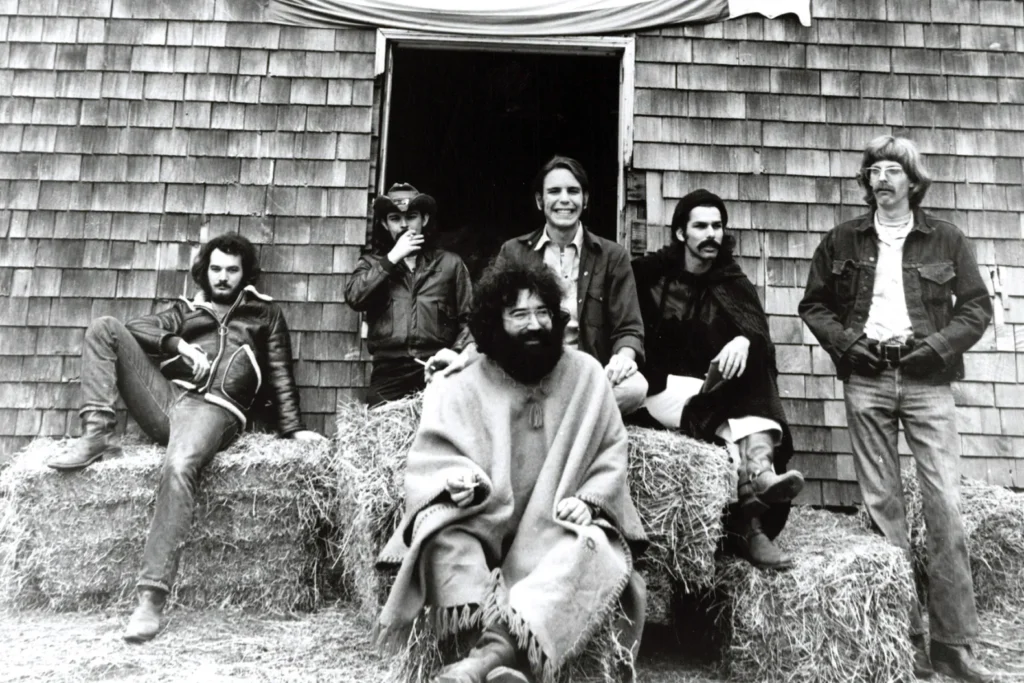 Marketers have always understood how difficult it is to change behavior. People aren’t motivated by facts; they’re motivated by emotion. I would also dare to say that most marketers, for all our talk about data science and the quantification of everything, are also guided by emotion first. How many times have you seen marketing executives twist themselves into knots, interpreting data to conform with a strongly held position based on gut? Even the most open-minded among us start from a premise based on what we know and what we’re comfortable with.
Marketers have always understood how difficult it is to change behavior. People aren’t motivated by facts; they’re motivated by emotion. I would also dare to say that most marketers, for all our talk about data science and the quantification of everything, are also guided by emotion first. How many times have you seen marketing executives twist themselves into knots, interpreting data to conform with a strongly held position based on gut? Even the most open-minded among us start from a premise based on what we know and what we’re comfortable with.
These pesky emotions ratchet up the bar when we are challenged with changing behavior – our own or that of others. Ego and the need to be right can lead us to dig in, hearing only what we want to hear and explaining away contradictory facts to justify our original positions. These rationales can range from the truly bizarre, not unlike the conspiracy theories we see in our politics, to simple wishful thinking.
I once worked on a project to revitalize dine-in business for a major casual food chain. Despite customers telling us that the restaurant was “dated, dirty and dingy,” a high-ranking marketing executive insisted that an expensive redesign was totally unnecessary. He felt, despite a substantial amount consumer feedback, adamant, unambiguous feedback from internal marketing people and other evidence to the contrary, that a new line of entrees he had conceived would be so crave-able that demand would overwhelming. People would flock back to the restaurant to dine in because these irresistible entrees would not be available for take-out or delivery. The CEO and other key executives, who desperately wanted to believe that the company could save hundreds of millions of dollars on a remodel and revive the dine-in business on the cheap, readily bought into the idea.
Of course, the entrees proved to be entirely resistible and the strategy was a complete failure. The executive departed, and the chain’s dine-in business disappeared almost completely.
What was true for this misguided executive is true for the rest of us as marketers and everyday people. There are times when our gut is entirely wrong. To avoid digging in on a false premise and setting ourselves up for long-term failure, the key is in keeping an open mind and having the good sense and willingness to flatly admit when we are wrong.
It’s one of the reasons I love insights work. There are times when I’m 100% certain that I could write the script for a focus group or interview that’s yet to happen. With my experience, wisdom, and great instincts, how could I be wrong? Well, I may be right some of the time, even most, but not always. That’s why we do the research in the first place! Confidence is a wonderful trait, but arrogance does not serve us well. No one is right all the time.
The good news is that most of us have our own personal tipping point, the moment in time when our resistance to a cause, product, habit, or behavior gives way to acceptance, all for the better.
Once on a trip to San Francisco just after I had finished graduate school, a friend took me to a small club that couldn’t have seated more than 30 or 40 people. She wanted me to see some friends of hers perform, a popular local improv comedy group. But first we’d have to sit through an opening act, a new band from New York no one had ever heard of. Four shaggy guys, who looked like they hadn’t showered in weeks, unchanging sneers on their faces, wearing all black, came on stage, turned up the volume and accosted our senses for the next 45 minutes.
Then as now, I take great pride in being a musician and loving a great variety of musical forms. I am ashamed, truly ashamed, that I hated the band that night and couldn’t wait for them to get off the stage. “These guys stink! What are they thinking? All noise, no musicianship,” I thought. And every song sounded the same.
This is what can happen when our instincts are NOT as sharp as we think they are. It was The Ramones! But I just didn’t get it. It was the very dawn of punk rock, and I had no context or understanding of their art – the anger, emotion, self-conscious amateurism, and the homage to the great AM radio garage rockers of my youth. I love the Ramones! How could I have been so mistaken?
That’s the thing with change. Our egos, comfort with long-established routines, peer pressure and other variables can lead to a powerful inertia that can be difficult to overcome.
Another thing that I got wrong – at least partially – was my initial, sweeping rejection of digital qualitative research. While I still feel strongly that there is no substitute for in-the-moment, real time, face-to-face interaction with our customers, three essential milestones have helped me see the light.
First and foremost, necessity is the mother of invention. My business, like so many others, came to a screeching halt when the lockdown began in March of 2020. I was faced with a very simple choice. I could keep on being a purist and starve, or I could embrace digital methods and still earn a living. Not a tough choice.
Once I was properly immersed in digital techniques, I discovered a few other benefits. No travel! I used to love business trips but dealing with airports and airlines has grown increasingly difficult while my tolerance for the physical and psychological torment has decreased considerably. Moreover, Finally, the digital education and work experience I’ve gained over the past few years have demonstrated to me that digital work can be both efficient and highly effective. Is it like being in the room? Of course not. There are always trade-offs, but the richness content and data that mobile phones can generate, both live and recorded, do mitigate the more impersonal nature of the interactions.
For us marketers, keeping an open mind can be difficult, but at least it’s something within our control. It takes work, but with rigorous, objective, intellectual analysis, along with the right attitude, we can stay open to the possibilities and fight off complacency.
This is our imperative. We’ll never devise marketing plans to change consumer behavior if our own attitudes are set in stone. We must be vigilant in staying open-mind, curious and non-judgmental.



